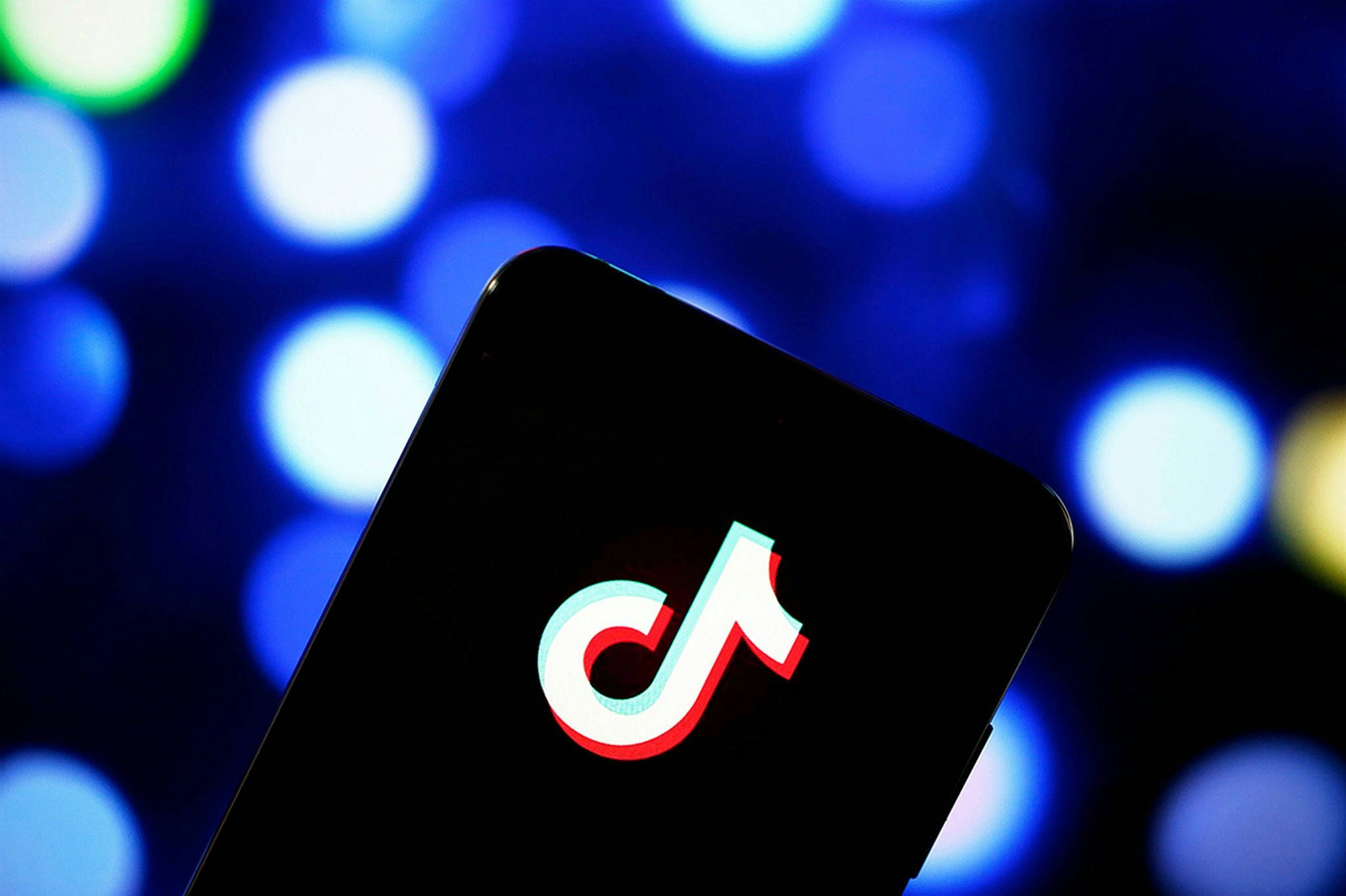Last week, Facebook CEO Mark Zuckerberg published a public manifesto, mostly about an agenda on privacy, but many in the media interpreted it as a plan to further infiltrate the everyday lives of the platform’s users. The Facebook of the future, Zuckerberg envisions, would be an all-inclusive platform that integrates business, news, communication, payments, and more. But that concept sounds an awful lot like an app that already exists — China’s WeChat.
In the West, WeChat is still a new concept for most brands and retailers, many of whom have barely used it. To fully understand the multitude of ways Chinese professionals are using WeChat in their daily lives, we interviewed three WeChat users — the Shanghai-based fashion blogger Yuwei Zhangzou (AKA, Yuyu), Chinese consumer trend writer Jiaqi Luo in Paris, and Chengdu-based co-founder and managing director of China Channel Matthew Brennan — about how they spend their time on the super-app:
We already know WeChat can do a lot: pay bills, hail taxis, find restaurants, and many other things. What do you primarily use WeChat for?#
Yuyu:#
While I’m awake, I spent about 80- 90 percent of my time on WeChat — much more than on Instagram or Weibo. When my alarm rings in the morning, the first thing I do is to check my WeChat messages. A lot of my work needs to be done via WeChat, like communicating with my team members and brands. Wei drive (微云) is China’s answer to Google drive, and I use this WeChat function to send videos and pictures, no matter which country I’m in.
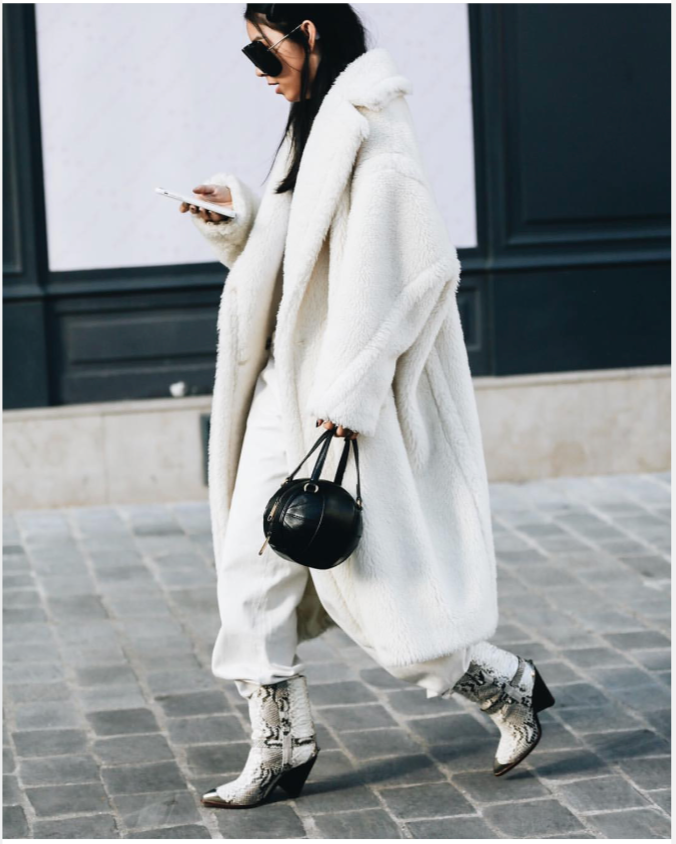
Jiaqi:#
WeChat is an important work tool for me — it’s where I negotiate with clients in China on partnerships or interview contacts. What surprises me is how some people send important work documents, like signed contracts, over WeChat. This is something that would never happen in Europe. If I go to events in the afternoon, I will exchange WeChat contacts with Chinese people there and organize them accordingly with tags. WeChat is also an essential tool for networking.
Matthew:#
WeChat is primarily a communication tool for me. Some days, I’ll communicate with anywhere between 10 to 100 people in a single day. It’s also time-consuming to manage a 440-person WeChat group.
How often do you use WeChat mini-programs (“sub-applications” within WeChat, similar to Apple store)?#
Jiaqi:#
I seldom use WeChat mini-programs abroad, but that’s not the case when I’m in Shenzhen. There I open my WeChat at least 50 times a day. It’s essential for getting around the city: riding the subway, getting a visa to go to Hong Kong or Macau, or getting access to membership benefits at the clothing store Muji.
Matthew:#
I also use mini-programs on a daily basis -- at least once a day. The most popular ones are Meituan Dianping (food delivery) and Luckin Coffee. I also use one for requesting and sending invoices.
Yuyu:#
There are many WeChat mini-programs I look at. Some focus on e-commerce, but as an influencer, I sometimes collaborate with brands to promote their own WeChat mini-programs to sell products.
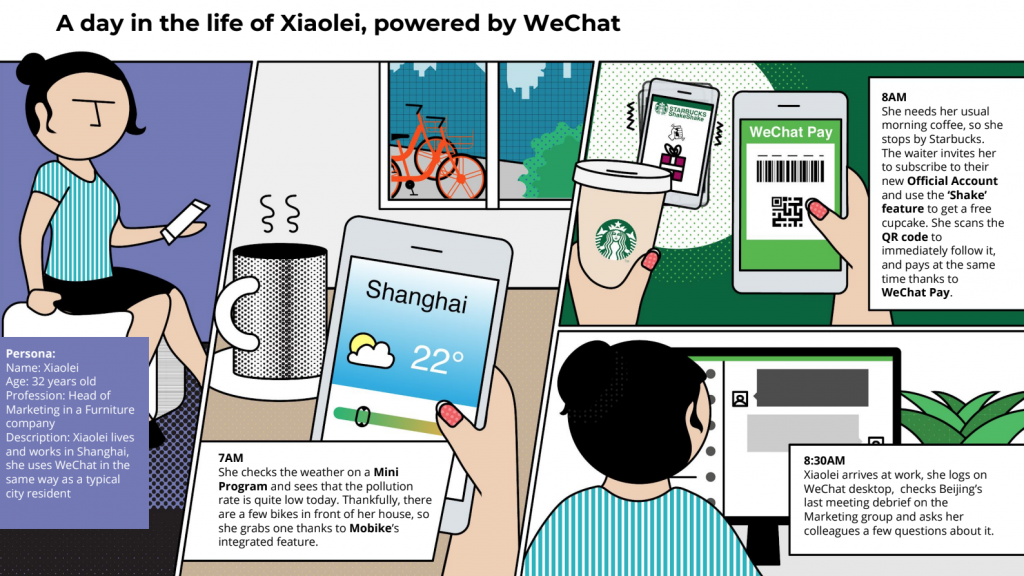
How often do you use WeChat Pay?#
Matthew:#
If I am offline and am going to a convenience store or a market to buy some clothes [I’ll use it]. I use it to pay for pretty much any daily purchases you can think of. I rarely use Alipay. I opt for other types of payments only when paying a large sum, like my daughter’s kindergarten tuition. If you speak with people in Shanghai, they use a lot of Alipay. It’s popular in first-tier cities and among young people. WeChat is definitely more universal and lets older generations to purchase offline. Shenzhen and Guangzhou are much more skewed to WeChat because that’s where the company is based.
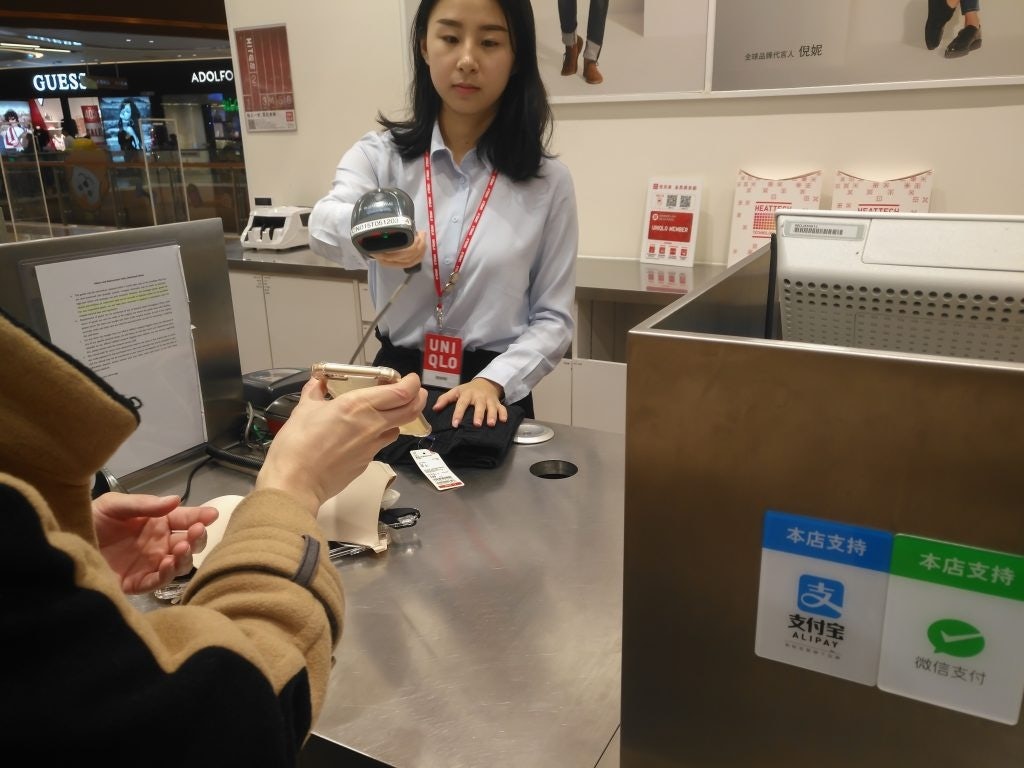
As an influencer with over 250K+ followers on WeChat, do you feel that it’s been harder to grow followers on your WeChat media account?#
Yuyu:#
I started my own WeChat media account around 2014-15. During fashion week, for example, I will post special themed content, but I’m also exploring video because it’s starting to grow in popularity. I think the reason pageviews on WeChat is declining is partially due to the platform itself. It’s not as straightforward as Little Red Book. Users need to click into the content folder and then read content. If you don’t have a good title, you simply won’t get pageviews.
It seems like a lot of people use WeChat primarily for work, but it’s also a personal messaging tool. Do you find it’s hard to separate your work life from your personal life on the app?#
Jiaqi:#
Because WeChat is so ever-present in my life, I seldom update my Moment (similar to Facebook’s page feed) because I have a lot of work contacts on there. If I post any updates, everyone can see it. On Instagram, I don’t have to censor as much. I get a sense of freedom.
Yuyu:#
WeChat is a relatively private channel for me as far as messaging goes. All my friends and family are there, as well as people I work with, so I won’t update my statuses as frequently as I do on open-network platforms like Weibo. Sometimes I update on WeChat’s new function Time Capsule (时刻视频), which is similar to Instagram’s Stories, but not as much I do on Instagram. But I also have a broadcasting WeChat account to blast out content to everyone, this is public.
Do you read articles on WeChat? What are some media accounts you follow?#
Matthew:#
WeChat official accounts are an important part of the content ecosystem. On average, I will read at least two articles about tech on WeChat a day. I access them from in the subscription account folder, through content shared in Moments, and from “Top Stories”(看一看). I also run my own official accounts and update them about once a month.
Jiaqi:#
It’s hard to search for content on WeChat, so I only select a few accounts to read. When I get a lunch break, I tune in to a few official accounts to follow what’s trending in China. My top must-reads are the consumption trend-focused GQ lab (GQ实验室), the fashion business-oriented Prada wears T-shirt (穿T恤的女魔头), and the social commentary page Vista world (vista看天下).
Besides WeChat, do you use other social media apps?#
Jiaqi:#
I really feel like people are now spending more time watching videos during short fragments of time rather than reading articles on WeChat. I first noticed this when I was riding the subway in Shenzhen. WeChat is where I learn and work, but I watch short videos on Little Red Book for nightly entertainment. The Red app has its content clearly laid out, so it’s easier to discover new feeds there.
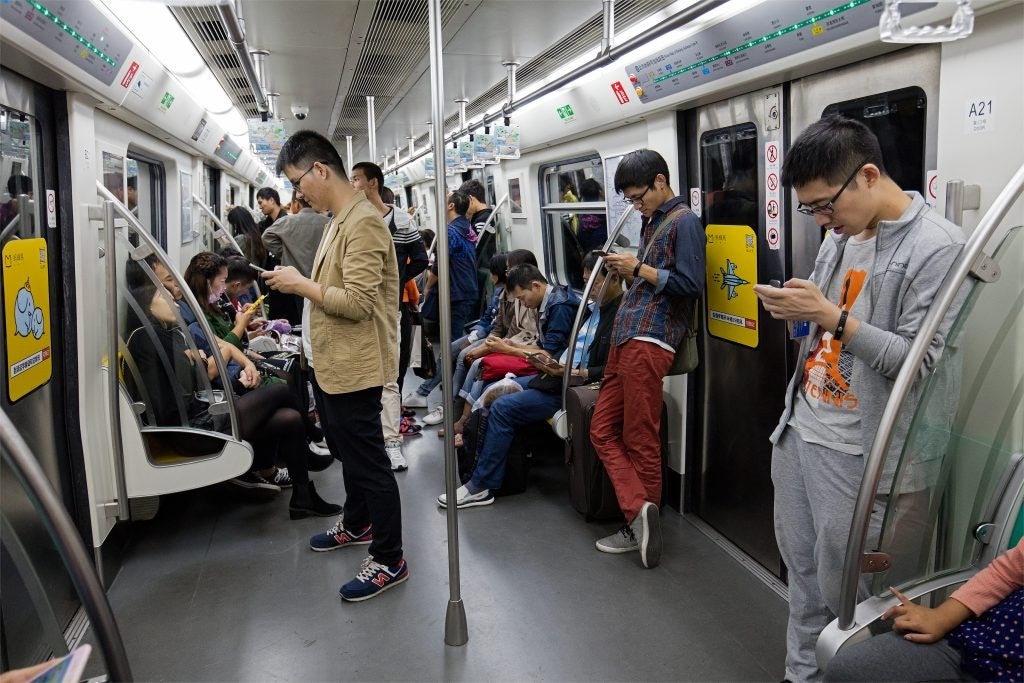
Matthew:#
Commenting from a business strategy perspective: three contenders to WeChat were recently released on the same day including Duoshan from Bytedance, which has gained a lot of media attention. The most popular quote online from a social media user was this: “I had a good time chatting on three products, but we still want to keep in touch, so we added each other on WeChat.” I think it nicely sums up the situation regarding any alternative communication platform that would like to rival WeChat.


